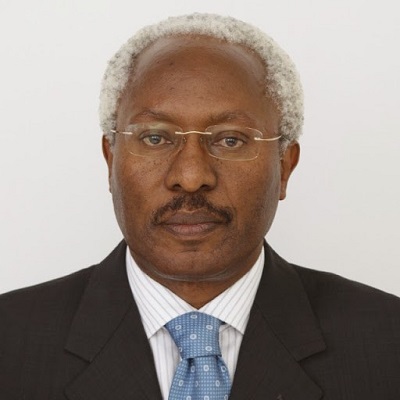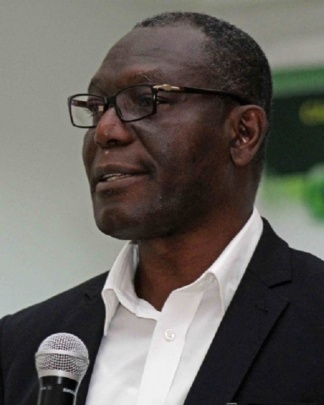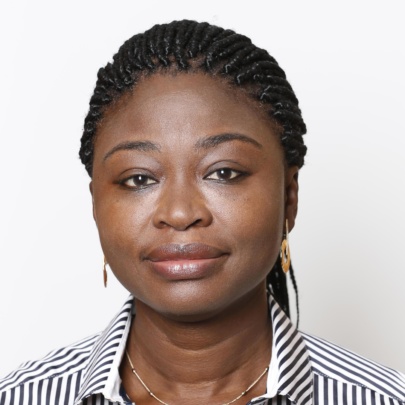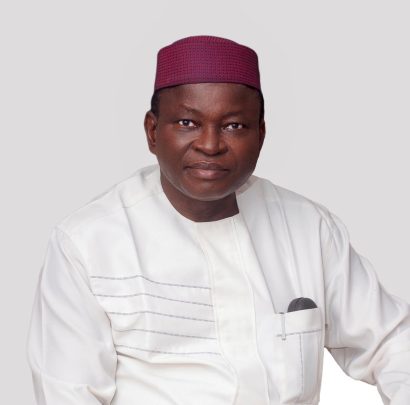The overall policy-making body of ATPS is the international Board of Directors comprising African and non-African scholars, policymakers and private sector actors. The Board formulates and monitors the implementation of policies and procedures designed to fulfill the network’s objectives.
THE ATPS BOARD

Prof. Crispus Makau Kiamba
Chair of Board

Prof. Nicholas Ozor
Ex Officio & Secretary to the Board
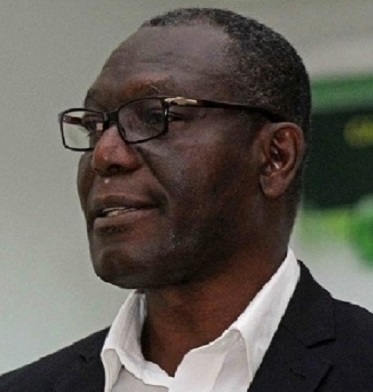
Dr. George Owusu Essegbey
Board Member
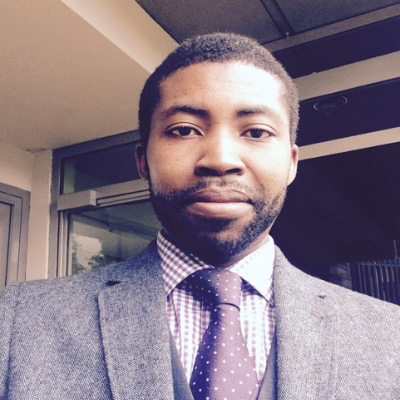
Dr. Akanimo Odon
Board Member
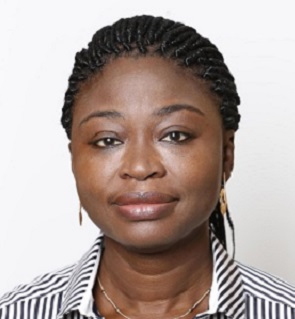
Prof. Chinwe Ifejika Speranza
Board Member
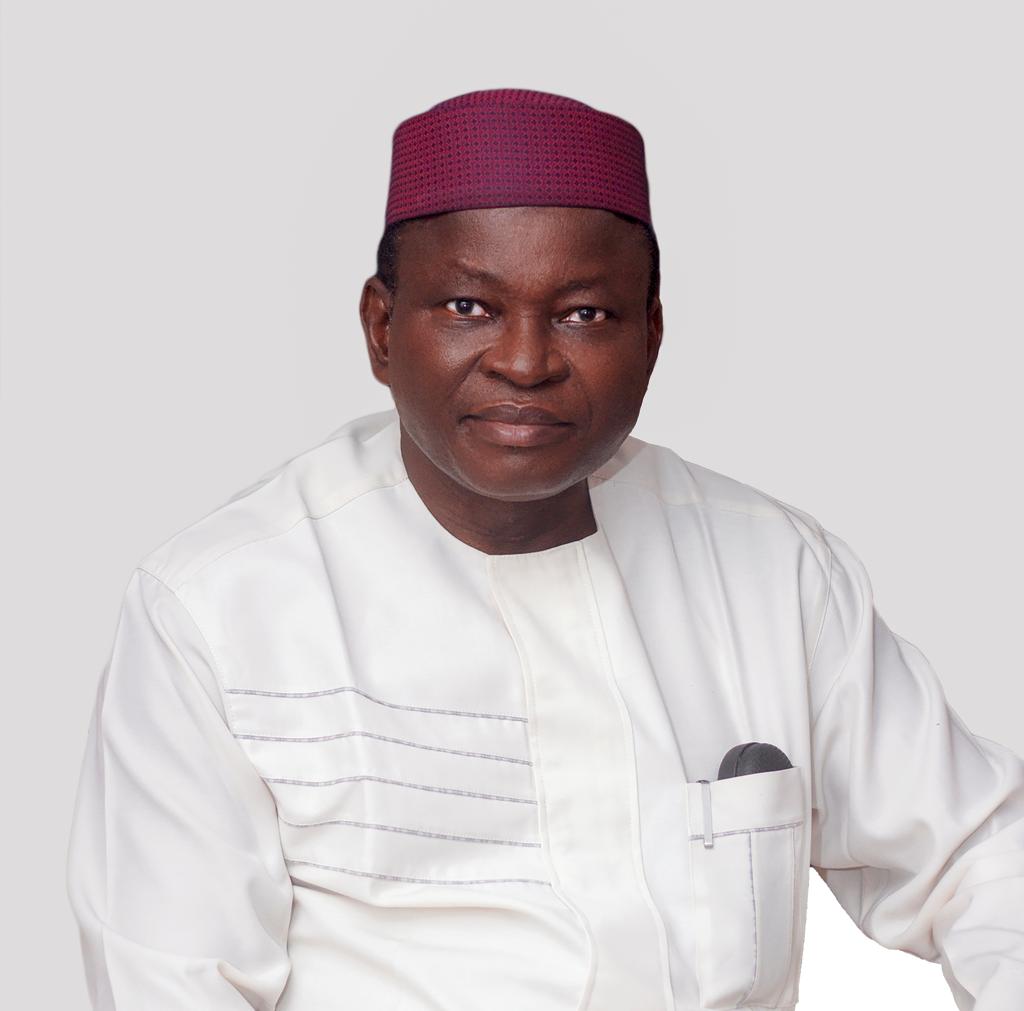
Prof. Azikiwe Peter ONWUALU
Board Member
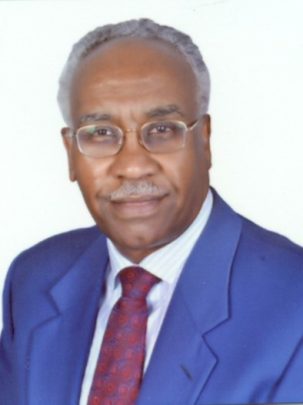
Dr. El Tayeb Mustafa
Board Member
The overall policy-making body of ATPS is the international Board of Directors comprising African and non-African scholars, policymakers and private sector actors. The Board formulates and monitors the implementation of policies and procedures designed to fulfill the network’s objectives. To ensure proactive monitoring and evaluation of the activities of the ATPS, both at the regional and sub-regional levels, the Board membership represents the main regions covered by the ATPS: Southern, Eastern, and Western Africa; a representatives of the Francophone speaking countries to address the language barriers and the two representatives of the international community. The Board meets twice each year to review and approve program implementation plans and budgets for each period and assess performance of the Network accordingly
The new ATPS Governance Structures comprises of a Board of Governors with specialized Board Committees to provide more proactive direction and supervision of ATPS activities in between the Biannual Board meetings.
Three ATPS Board Committees exist together to form the ATPS Board of Governors. The ATPS Board of Governors meets twice (November/December and June/July) each year to review and approve annual program of activities and budgets of the organization for each forthcoming year; and review and approve financial and technical progress reports on all program implementation activities of the ATPS for the concurrent year, respectively. At each meeting, the Board of Governors assesses the overall performance of the Network (administrative controls, financial audits, and quality of STI capacity development activities) and provides strategic supervision and guidance to the ATPS Secretariat management accordingly. This biannual meeting provides the forum for appraising the performance of the network. The Board of Governors also appoints external auditors to audit the accounts of the ATPS to ensure that funds are properly expended and accounted for by the ATPS Secretariat.
Three ATPS Board Committees exist together to form the ATPS Board of Governors. The ATPS Board of Governors meets twice (November/December and June/July) each year to review and approve annual program of activities and budgets of the organization for each forthcoming year; and review and approve financial and technical progress reports on all program implementation activities of the ATPS for the concurrent year, respectively. At each meeting, the Board of Governors assesses the overall performance of the Network (administrative controls, financial audits, and quality of STI capacity development activities) and provides strategic supervision and guidance to the ATPS Secretariat management accordingly. This biannual meeting provides the forum for appraising the performance of the network. The Board of Governors also appoints external auditors to audit the accounts of the ATPS to ensure that funds are properly expended and accounted for by the ATPS Secretariat.
Other roles and responsibilities of the ATPS Board of Governors can be found in clause 5.1 of the ATPS Human Resource Policies and Procedures Manual , Version 1/2001.
In addition to the two meetings of the ATPS Board of Governors each year, each Board Committee ensures proactive and dynamic engagement with the ATPS Regional Secretariat and the National Chapters for ongoing/continuous supervision, monitoring and evaluation of the core activities of the ATPS Network throughout the year.
The Board Committees include:


